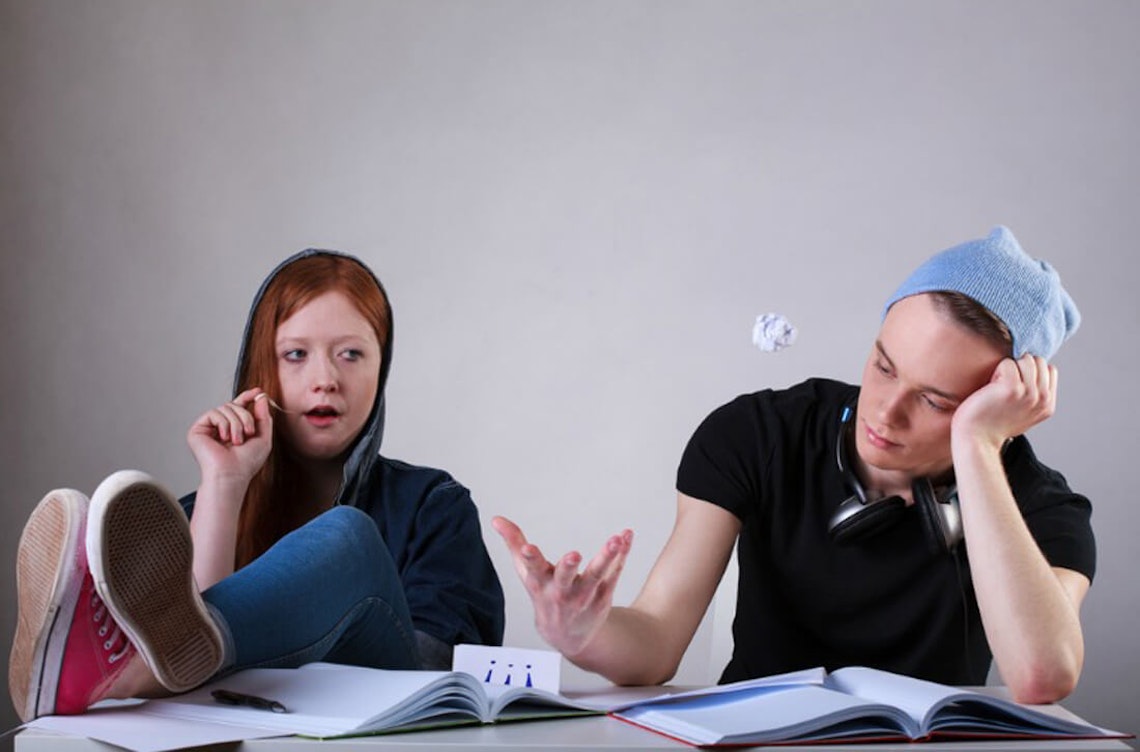


That is a frightening statistic for parents who are trying their best to help get their teens to complete high school and transition into independent young adults. Whether it’s ADD, ADHD, dyslexia, dysgraphia, or any other learning disability, there are always obstacles to overcome – and these may be particularly problematic for parents of adopted teens. The following are five challenges for the parents of teens with learning disabilities, and how the right teachers and the right school or treatment center can help you overcome them.
1. The Issue of Independence.
All teenagers try to assert a little independence as they become more self-aware. They are searching for ways to define themselves as individuals and move through the natural course to adulthood. However, when it comes to learning disabilities, asserting their independence doesn’t always work out as planned. Problems with self-confidence can be destructive, and teens need to know that they can approach teachers to get the help they need.
2. When Adoption Plays a Role
Several studies have indicated that adopted teens have a significantly higher rate of learning disabilities than those with their natural parents. There are a lot of factors that weight into why this is so, but the bottom line is that sometimes adopted teens need a little more specialized help to get – and keep – them on the right track.
3. When Teens are Tough to Handle
Teens with ADD and ADHD can be very challenging, and often require professional help, whether they want it or not. They often cannot concentrate on their studies, and those with hyperactive tendencies may not be able to even sit still. Getting them into the right school with the right teachers is paramount to their success.
4. Helping Teens Who Don’t Want Help
There are many times when teens just don’t want help. This may be due to trauma, substance abuse, or psychological disorders, but often is has a lot to do with self-confidence, self-esteem, and the way they view their learning disability. Teens are not always willing to disclose that they have dyslexia or dysgraphia, and they don’t always want help.
5. The Transition to Adulthood.
While your teenager is still at home, you can help them work through their issues by being observant and making sure that they get the proper guidance and professional help. However, once they make that leap toward college, career, or any kind of career-based educational program, they are on their own. Ensuring that they receive the kind of treatment they need to build the necessary life skills is a heavy load to carry, but part of their success depends on not only their self-confidence, but the confidence their parents hold as well.
If you need to find a treatment center that can help your teen with the complex problems that go along with both being an adopted child and their learning disabilities, Three Points Center can help. As a treatment center formed for the sole purpose of helping adoptive families heal, they have the ability to reach out to your teen like no other residential treatment center can. Learning disabilities are not uncommon with adopted teens, and the professionals at Three Points know how to help.
Three Points Center is a unique program that serves only adopted children and their families. We specialize in the many different aspects of emotional unrest that adopted children have been known to face, and the therapy and treatment needed to overcome those issues. Call us today at (435) 635-0636.